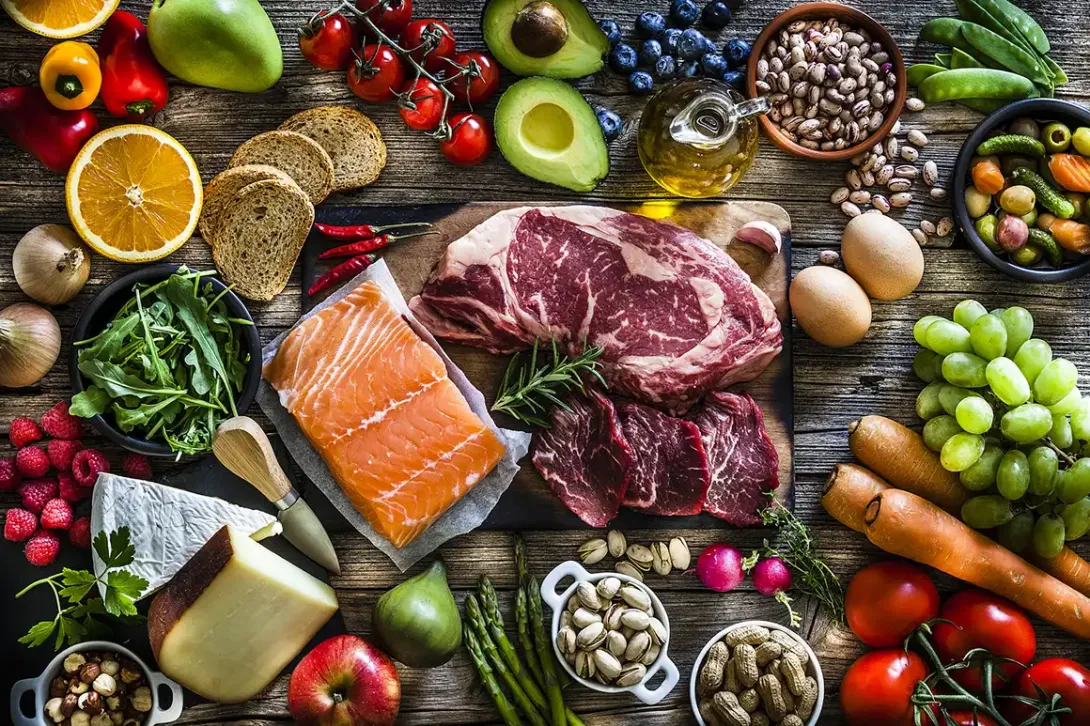
Vitamins that cannot be missing from a complete diet
Being aware of what we are eating can help us to prevent diseases or improve the state of our immune system. In which foods do we find the vitamins that are essential for good health?
We aren’t disclosing any secrets when we say that a balanced diet that provides us with all the necessary nutrients is essential for our body to function properly. Taking care of our diet is the pillar on which all the activities we do to improve or maintain our physical condition must be built. Therefore, in order to design a proper diet, there are various elements that we must take into account, among them, providing enough vitamins to be able to carry out our essential biological functions correctly.
However, it is not always easy to know where to find them and what each of the essential vitamins in our diet provides us with. Therefore, we are providing a brief guide that will help make things easier.
Essential vitamins for the diet
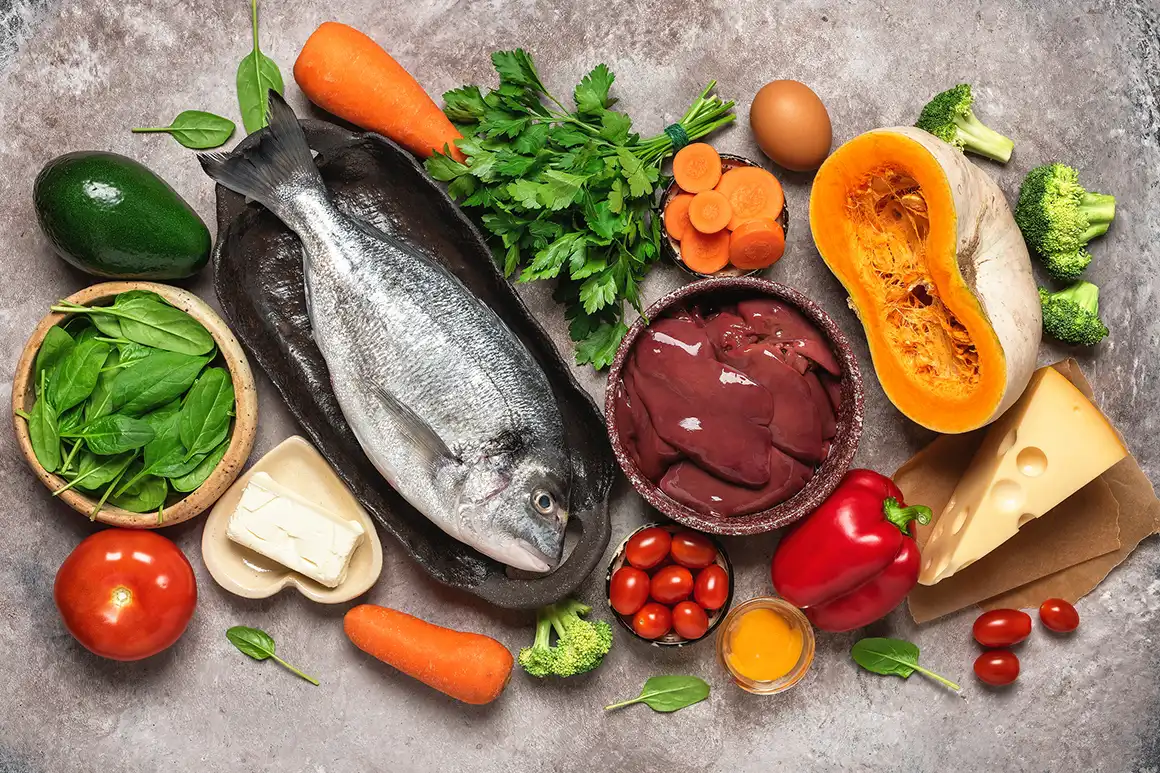
Vitamin A
1 of 5
Vitamin A occurs naturally in many foods. Its presence is vital for good vision and for the immune system, reproduction, growth and development. It is essential for the proper functioning of the heart, lungs and other organs, as well as acting as a powerful antioxidant.
It can be found pre-formed in foods of animal origin (such as fish, offal, dairy products and eggs). In the form of provitamin A carotenoids, which will be converted into vitamin A in the digestive tract, it is found in vegetables such as carrots, pumpkins, sweet potatoes, spinach and broccoli. These carotenoids are the pigments that give these fruits and vegetables their yellow, orange or red colour.
Vitamin A deficiency can lead to respiratory diseases, such as pneumonia, or infections. It can also cause anaemia.
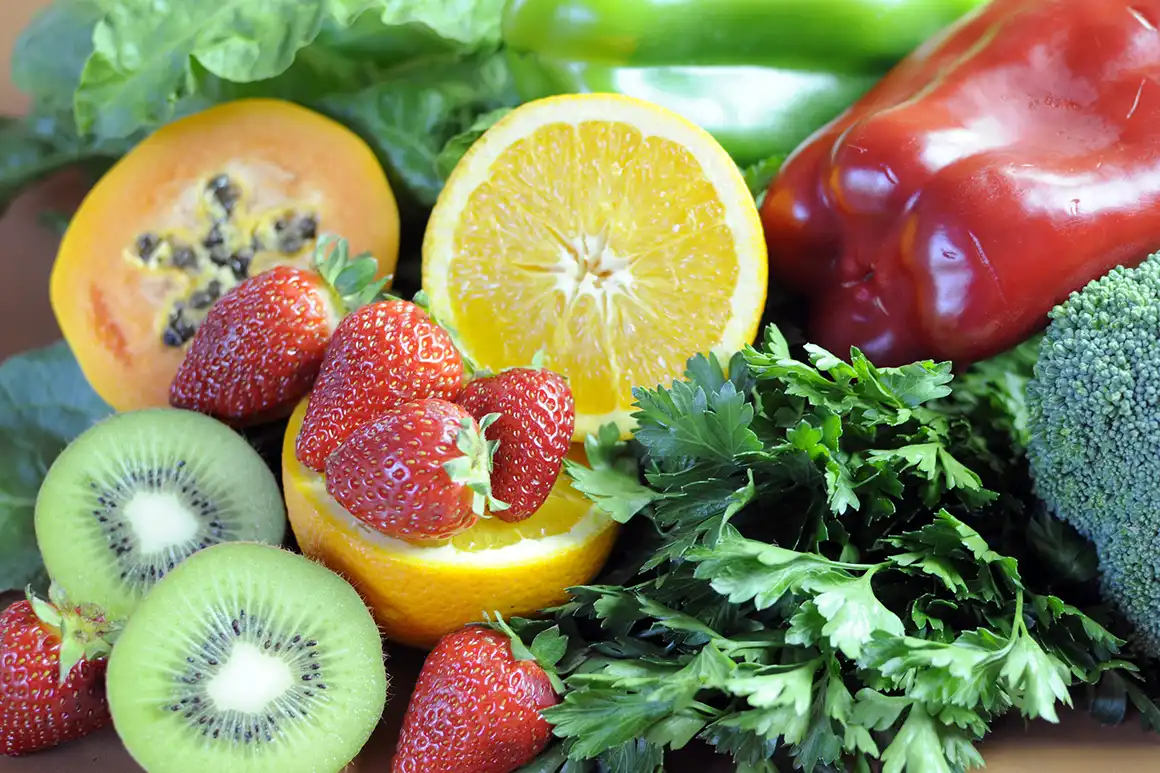
Vitamin C
2 of 5
Known primarily for its antioxidant properties, vitamin C helps protect cells against damage caused by free radicals, which are compounds that are released when the body converts food into energy. However, exposure to free radicals can also occur in the environment, due to cigarette smoke, solar ultraviolet radiation and air pollution.
Vitamin C also aids in the absorption of iron and is crucial for skin health and tissue repair, as it is essential for the natural production of collagen. It occurs naturally in many fruits and vegetables, especially citrus fruits such as oranges, lemons and grapefruit, but also in strawberries, peppers, broccoli and potatoes.
Adequate intake of this vitamin is essential for a healthy immune system, preventing colds. A severe lack of vitamin C could cause scurvy, a very common disease among sailors in the middle and modern ages, which causes swollen and bleeding gums, tiredness and joint pain.

Vitamin D
3 of 5
This vitamin is essential for good bone health, as it facilitates the absorption of calcium and phosphorus. It is also necessary to maintain good muscle mobility and for nerves to transmit information between the brain and other parts of the body. Vitamin D also plays an important role in the immune system.
This vitamin is more difficult to obtain from food, as it is usually present in small amounts. However, fatty fish such as salmon, trout, tuna and mackerel are excellent sources of vitamin D. It is also found in dairy products, beef liver, egg yolks and some mushrooms. It is also found in dairy products, beef liver, egg yolks and some mushrooms.
Nonetheless, our body is capable of synthesising vitamin D when exposed to the sun. Vitamin D deficiency can lead to bone conditions such as osteoporosis and rickets.
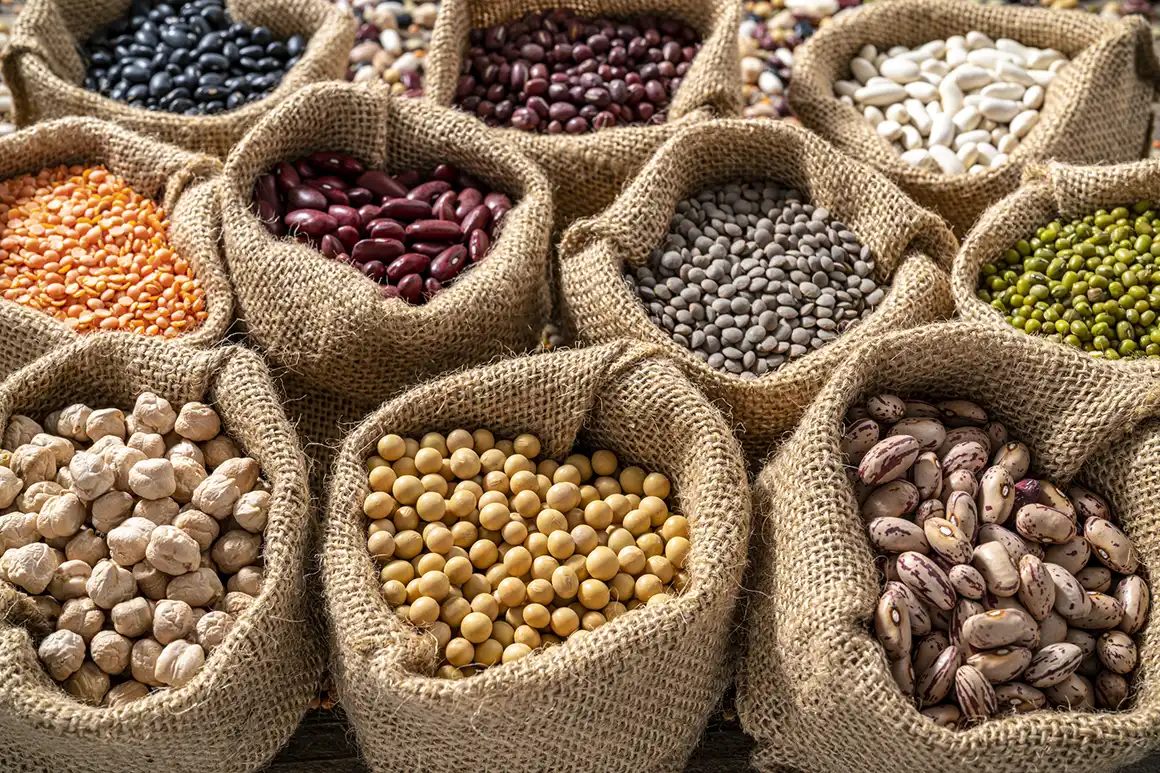
B vitamins
4 of 5
This group is made up of several vitamins (B1, B2, B3, B6, B7, B9 and B12) which are vital for our energy levels, as they are needed by our body to extract energy from food, as well as for other processes. They are required by our metabolism and for the health of our nervous system.
Each of these vitamins has a specific role and can be found in different types of food, such as meat, fish, eggs, legumes, green leafy vegetables and whole grains.
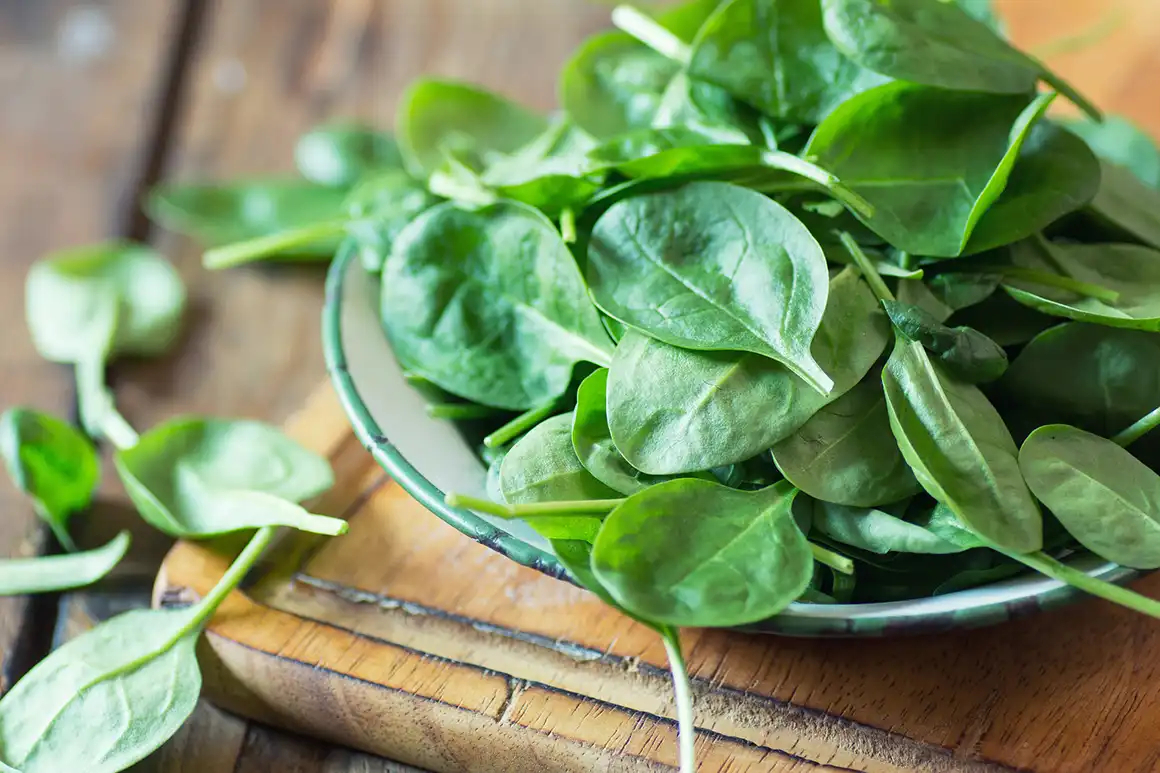
Vitamin K
5 of 5
Vitamin K is known for its role in blood clotting and bone health. It helps calcium bind to bones, preventing osteoporosis and other bone conditions. The best sources of vitamin K are green leafy vegetables such as spinach, vegetable oils, some fruits such as figs or blueberries, as well as meat, eggs and dairy products.




